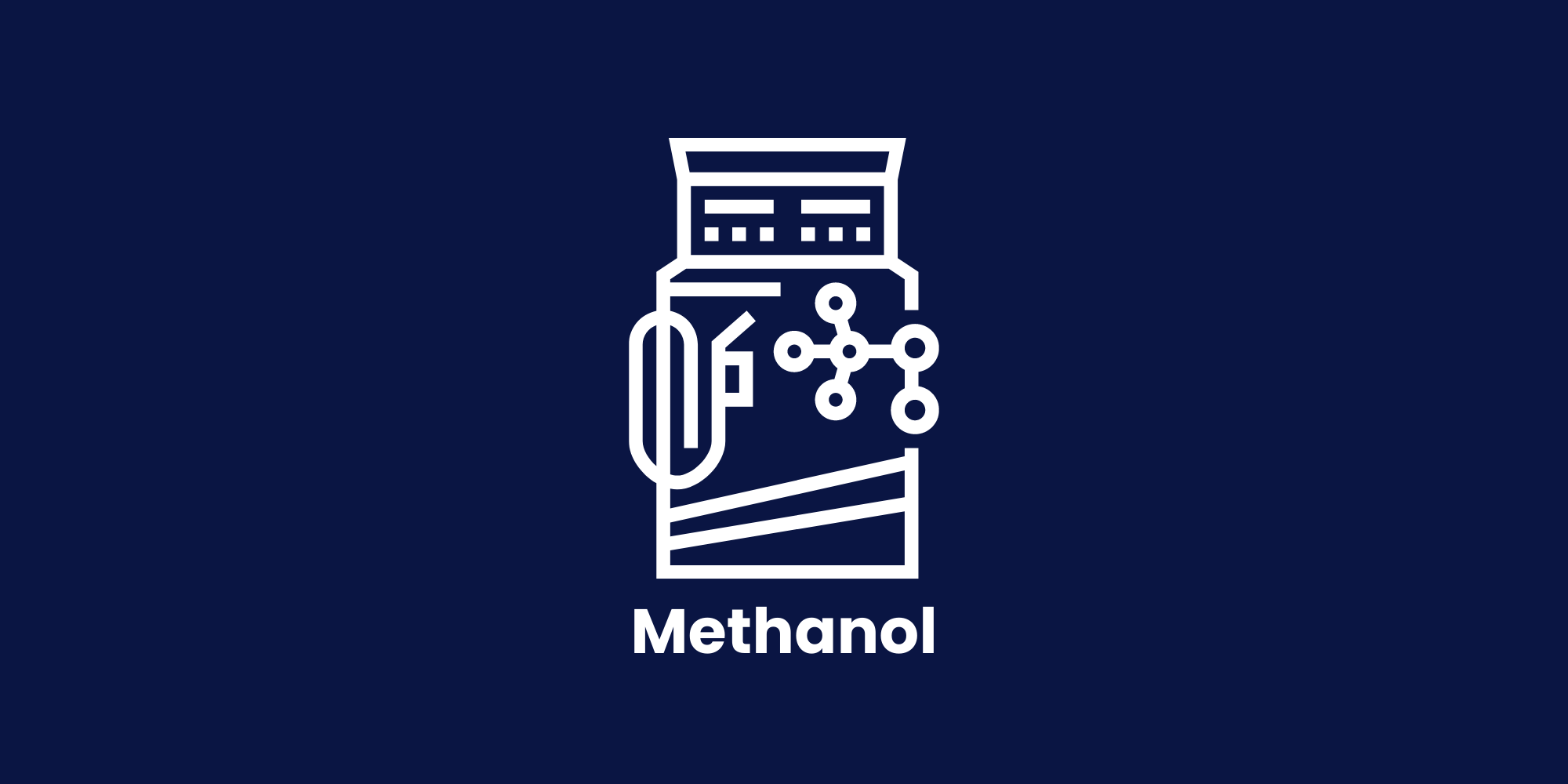FincoEnergies
FincoEnergies is a forward-thinking energy provider focused on accelerating the transition to sustainable fuels and energy solutions. Committed to reducing emissions across various sectors, including maritime, FincoEnergies offers innovative fuel alternatives and services that help reduce environmental impact. By combining expertise in sustainable energy with a passion for innovative solutions, FincoEnergies actively supports partners in adopting cleaner energy sources to achieve a more sustainable future.
You might also like
Metasorbex™ is a startup in the chemical industry that offers technology to produce carbon-neutral and cost-effective methanol. Existing feedstocks or even waste streams from hydrogen industry can be used. Current cost for one metric ton of methanol in US is $400 to $500. Metasorbex’s technology could provide not only a carbon-neutral, but cheaper form of methanol. Maritime industry - in particular in EU - is most interesting due to incentives and penalties on CO2.
This is a case study of a trailing hopper suction dredger with 14MW installed power - the ‘Happy Hopper’ - which is converted to methanol combustion. This case study is inspired by the amazing work done by Van Oord. With the given assumptions on emission factors for methanol, 93% CO2 reduction is achieved. CAPEX for a methanol refit of this size is approximately €6M+, of which roughly €5M is intended for engine refit only. OPEX will be greatly increased unless methanol price is below €500 per mT.
This is a case study on how to decarbonize a fishing trawler - the Jacobus Maria - using shore power, battery hybrid EES and biofuels. 20% CO2 reduction is achieved, half of which stems from the use of biofuels (HVO). The hybrid battery pack is economically not feasible with the assumptions used and the operational profile. The Jacobus Maria has 1 MW installed engine capacity. Total cost would be at least €1M. 10% CO2 reduction can be achieved with approx. €50k.
Neste Corporation calls its own HVO product “Neste Renewable Diesel”. The common acronym “HVO” comes from the terms “Hydrotreated Vegetable Oil”. It meets the requirements of EN 15940 for paraffinic diesel fuels and is allowed as a blending component in EN 590 B7 diesel fuel. It is a high quality fuel that can be used to enhance the properties of the final diesel blend. No modifications to vehicles required and it has the same torque and maximum power as with fossil diesel fuel in modern engines.
This video showcases a fuel switchover of an engine from regular diesel fuel to methanol by Arenared.
This blog is a state of the use of methanol as marine fuel as “quick” reference for shipowners. Key points include costs for retrofitting the ship and engine, range between € 250-€650 per kW, elaboration on IGF code for low flashpoint fuels and technical considerations for conversion and working with methanol. Availability for methanol is good, but bunkering for large vessels mostly non-existent. Methanol price per kilogram is historically lower than regular MGO.
Learn about methanol, the simplest alcohol in the universe which has the highest hydrogen to carbon ratio of any liquid fuel under ambient atmospheric conditions. It can reduce SOx emission by 99%, NOx by 60% and PM by 95%.
Reducing carbon emissions in the shipping sector can be hard and expensive. Carbon insetting is a way to compensate for emissions that you are unable to mitigate within your normal operations - or are too costly to mitigate - but can be mitigated at other places in your fleet or the sector. Carbon insetting is simple, scalable and perhaps most importantly: almost all vessels can do it without the need for retrofitting or upfront investment costs.
This thesis by J.M. Rozendaal at van Oord focuses on the technical, environmental and economic impact of a methanol hybrid power plant design for new-build offshore working vessels. Its conclusion is that a methanol solution has a CO2 reduction potential up to 99% and a CO2 price of 78 euro per ton CO2 reduction.
Easier than you might think. Seaport Groningen wants to create ‘Chemport Europe’, providing chemicals and fuels to the entire industry in the North of the Netherlands based on agricultural waste.











This Q&A session explores the role of biofuels in decarbonizing maritime transport, featuring Johannes Schurmann, Commercial Director Marine at FincoEnergies, supplier of biofuels and supporting shipowners in adopting biofuels with end-to-end services, from technical assessment to regulatory documentation. Johannes shares insights into market developments, pricing trends, regulatory impacts, and operational considerations, focusing on the practicalities of switching to biofuels.